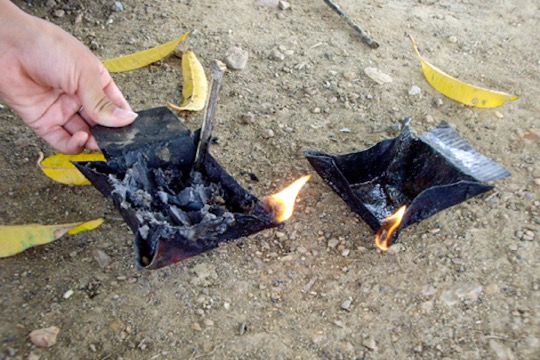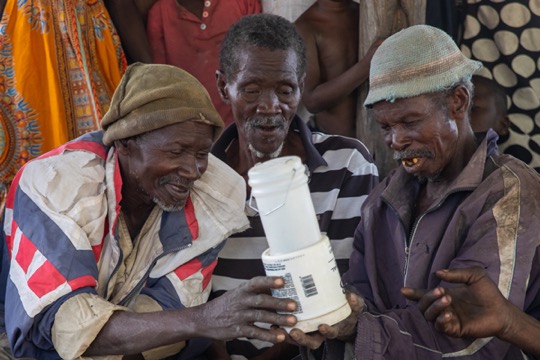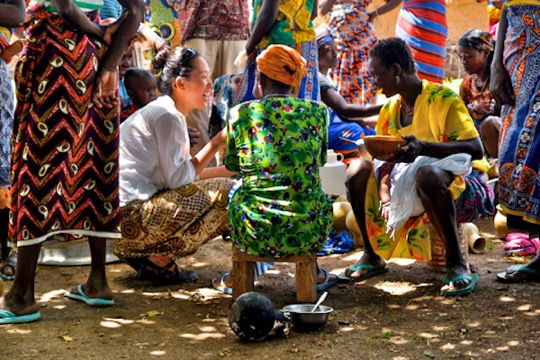Background
In the industrialized world we take light for granted—it is available at the touch of a button. In the middle of nowhere, when there is no sun and no moon, it is pitch black—you are blind, you navigate by touch. The smallest imaginable amount of light connects you to your surroundings; marginally more enables you to be productive. For the extreme poor who inhabit remote, rural, forgotten communities, especially the women who form the human supply chains, the day begins and ends with the availability of natural light.
SociaLite is about material resources, energy, engineering education, true sustainable engineering, minimalist design, the critical relationship between the engineer and the end-user, poverty and the developed world, and entrepreneurship. The potential payout extends far beyond a source of illumination to include better-educated and healthier children, economic self-sufficiency, the empowerment of women, a reduction in the rate of rural depopulation, the introduction of entrepreneurship—all activities that can potentially contribute to a reduction in the rate of the spread of AIDS and more stable rural communities—both vital to local agriculture and the food supply. SociaLite is a project that seeks to change the paradigm of rural development in the less industrialized world—one that questions many of the currently accepted practices and models.
Inception
To design a light source for this environment, you cannot just sit down in New York or London—you must first understand the needs and aspirations of these communities. Which types of light source are useful and what are they used for? How much can one family afford to spend on light and do all family members have equal access? How will they power their light source?
Into the Field
In June 2007, we sought help from the community of Nambeg in Ghana’s Upper West region to develop SociaLite. Standing under a mango tree, we watched, exalted and humbled, as everyone exuberantly voted to collaborate with us. Delivering three, extremely rudimentary LED lanterns supported by an equally rudimentary charging station, comprising a solar panel and a car battery, we took our first steps towards a community lighting service: once a week, users drop off their lanterns in the morning and pick them up charged in the afternoon. We began to learn that there is much more to light than a battery and an LED and continue to encounter unexpected events and unanticipated behavior alien to those of us outside the communities. The introduction of light has enormous social impact with consequential changes in social dynamics.
SociaLite Lighting Systems
In 2016, Mustapha Osman founded SociaLite Enterprise to promote the installation and operation of SociaLite Lighting Systems in Ghana. Our head office is situated opposite the new Regional Hospital in Wa. In February 2020, SociaLite Enterprise became SociaLite Lighting Systems—a Ghanaian NGO. In the less-industrialized world, ventures such as SociaLite traditionally start in the capital city, home to the NGOs and international agencies, diffusing outwards through a slow and expensive process with uncertain outcomes. We have reversed the path—starting in the middle of nowhere and propagating to the cities where intermittent electricity supplies still create a large demand for rechargeable lanterns.SociaLite Lighting Systems (SLS) Inc. was established as a Connecticut non-profit corporation on 1st August 2017 to supply solar powered micro-grids to impoverished communities in less industrialized countries: the facilities of benefit to the inhabitants providing opportunities for education, communication and home businesses and, the system itself, promoting entrepreneurship through manufacture, installation, operation and maintenance.